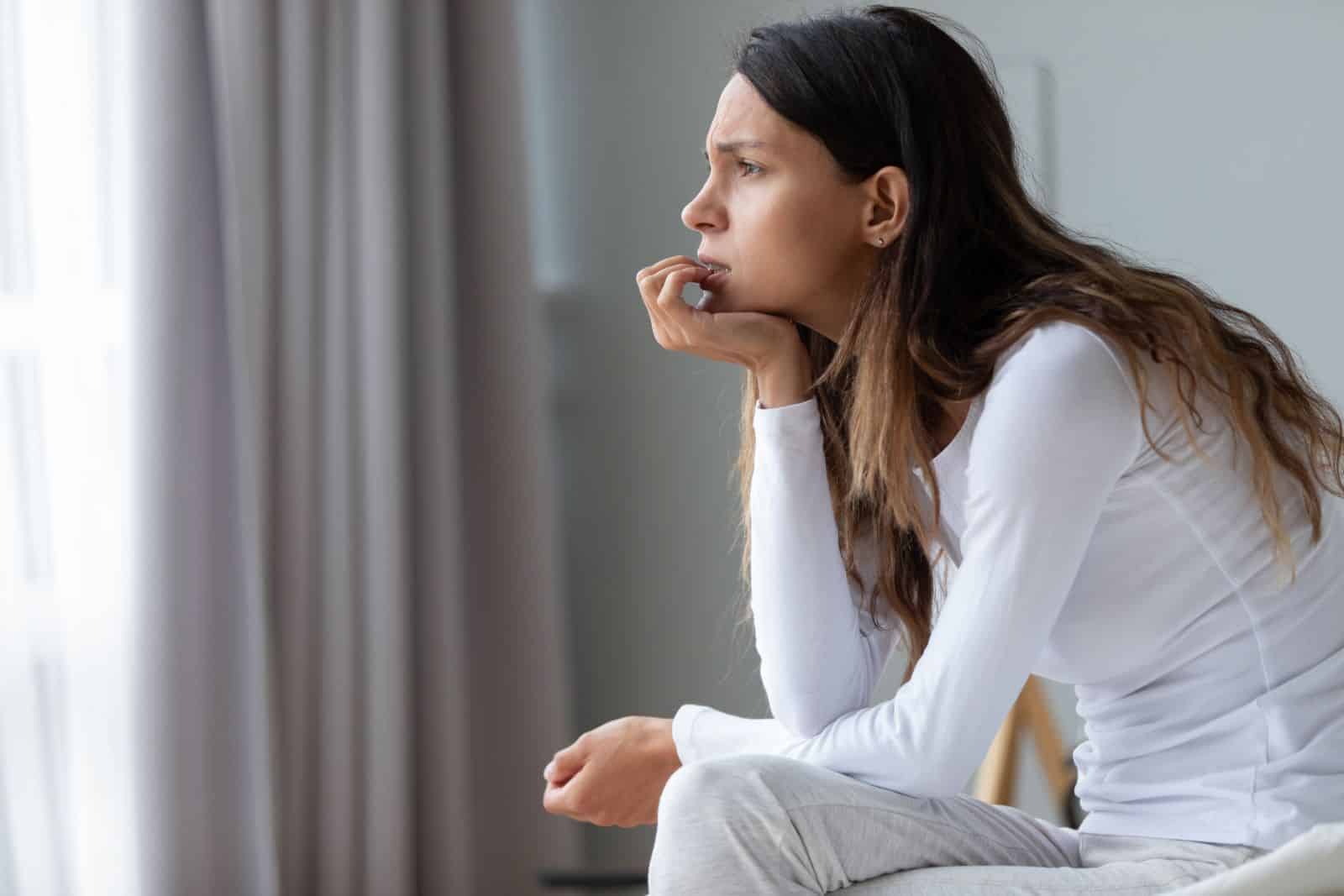In our tech-saturated world, the concept of a digital detox—taking a break from all electronic devices to reduce stress and increase interpersonal connections—has gained popularity. But is reducing screen time truly beneficial, or are we oversimplifying the relationship between technology and well-being?
1. Benefits of Reduced Screen Time

Decreasing screen time can lead to improved physical health, such as better sleep patterns and less eye strain. It also encourages more physical activity and face-to-face interactions, which can enhance personal relationships and mental health.
2. Unrealistic Expectations

Completely disconnecting in a digital world is not only challenging but may not be entirely practical or beneficial. For many, technology is integral to daily operations, from work communications to personal management.
3. Missed Connections

While a digital detox can help reduce the noise of constant connectivity, it can also lead to feelings of isolation or missing out, especially for those whose social structures are predominantly online.
4. Anxiety Reduction vs. Induction

Some find that stepping away from digital devices reduces anxiety by cutting down on the constant influx of information and social comparisons. However, for others, anxiety increases from a fear of missing out on important news or social updates.
5. Dependency Issues

A digital detox can highlight an unhealthy dependency on electronic devices, helping individuals recalibrate their habits. Yet, it can also make returning to digital life challenging, creating a cycle of dependency and detox.
6. Productivity Paradox

Reducing screen time can lead to increased productivity by eliminating distractions. Conversely, many tools that enhance productivity are digital, and avoiding them might actually decrease efficiency.
7. One Size Does Not Fit All

The effectiveness of a digital detox varies widely among individuals. What works as a refreshing break for one person might be a source of stress for another, depending on their personal and professional needs.
8. Temporary Solution

While a digital detox can provide temporary relief from the digital world’s pressures, it does not address long-term habits or the root causes of digital overuse.
9. The Role of Moderation

Moderation, rather than complete abstinence, might be a more sustainable approach for integrating technology into our lives healthily. Learning to use technology more consciously and purposefully can provide the benefits of connectivity without the downsides.
10. Professional Implications

For those whose jobs require constant connectivity, a digital detox might not be feasible. Instead, setting boundaries for digital use might be a more practical solution.
11. Impact on Learning

Technology offers vast resources for learning and development that can be significantly restricted by cutting screen time. Educational opportunities online are limitless, from online courses to informative videos.
12. Cultural Disconnect

Stepping away from digital devices can sometimes mean missing cultural moments and trends, which can be a significant part of staying relevant in personal and professional circles.
13. Enhanced Self-Awareness

Engaging in a digital detox can lead to greater self-awareness about how much time is spent online and can inspire more mindful behaviors and choices regarding technology use.
14. The Balance Challenge

Finding the right balance between using technology to enhance life and allowing it to overshadow personal experiences is a continuous challenge that a temporary detox alone cannot solve.
Navigating a Balanced Path

While a digital detox can provide clear benefits, its effectiveness and practicality depend largely on individual circumstances and the role of technology in one’s life. Rather than advocating for complete digital abstinence, promoting responsible and moderate use of technology might provide a more balanced, sustainable approach to living in our digital age.
The post Digital Detox Dilemma: Is Cutting Screen Time Really Beneficial? first appeared on Mama Say What?!
Featured Image Credit: Shutterstock / Cast Of Thousands.
For transparency, this content was partly developed with AI assistance and carefully curated by an experienced editor to be informative and ensure accuracy.





